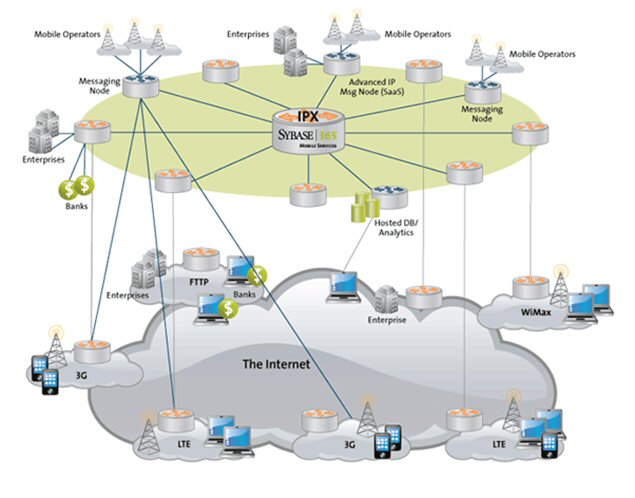
At present, the volume of data attributable to mobile users is widely held to be increasing by 300 per cent year on year. While web browsing, email and file downloads are contributing significantly to the total volume of information sent to mobiles, current figures suggest that some 50 per cent of all mobile broadband usage can be attributed to video streaming from sites such as YouTube and other localised services.
This suggests that, as the market grows, there will be ever more consumers requiring faster, more consistent web access via mobile broadband. They will expect to be able to work seamlessly wherever they go, regardless as to their choice of network provider. This is particularly important ingeographically diverse locations such as India where finding a fixed line connection or Wi-Fi access is likely to be difficult for the foreseeable future. As such, mobile broadband is likely to remain the only option for those who need to access the web whilst on the move.
There is a good deal of jargon and hype surrounding the IPX+ frameworks that Tata Communications and others are building in developing nations. However, while terminology such as global VPN, IP transit and IPX Connect may sound confusing to a typical user, there is a relatively simple way of thinking about the whole system.
In short, different network providers will be able to share resources, transfer data and manage applications between one another with far greater ease than in the past. Users can thus expect greatly improved quality of service and to benefit from data roaming without the high prices with which it has previously been associated.
In addition, the roll out of brand new services and the updating of existing platforms will be streamlined. This is good news for the participating providers, allowing them to win over more customers as a result of the improved quality of their mobile broadband deals. It is equally a positive step for the end user, who can expect a simplified and improved mobile broadband service.
In larger nations such as India, it is vital that mobile broadband coverage is available as widely as possible. Thus far the Tata Communications initiative has resulted in 70 network providers signing up to take advantage of the unified IPX+ framework . If an increasing number of providers are able to work together within the framework in order to ensure customer satisfaction, this can only be a positive move to the benefit of all parties.
About the Author:



